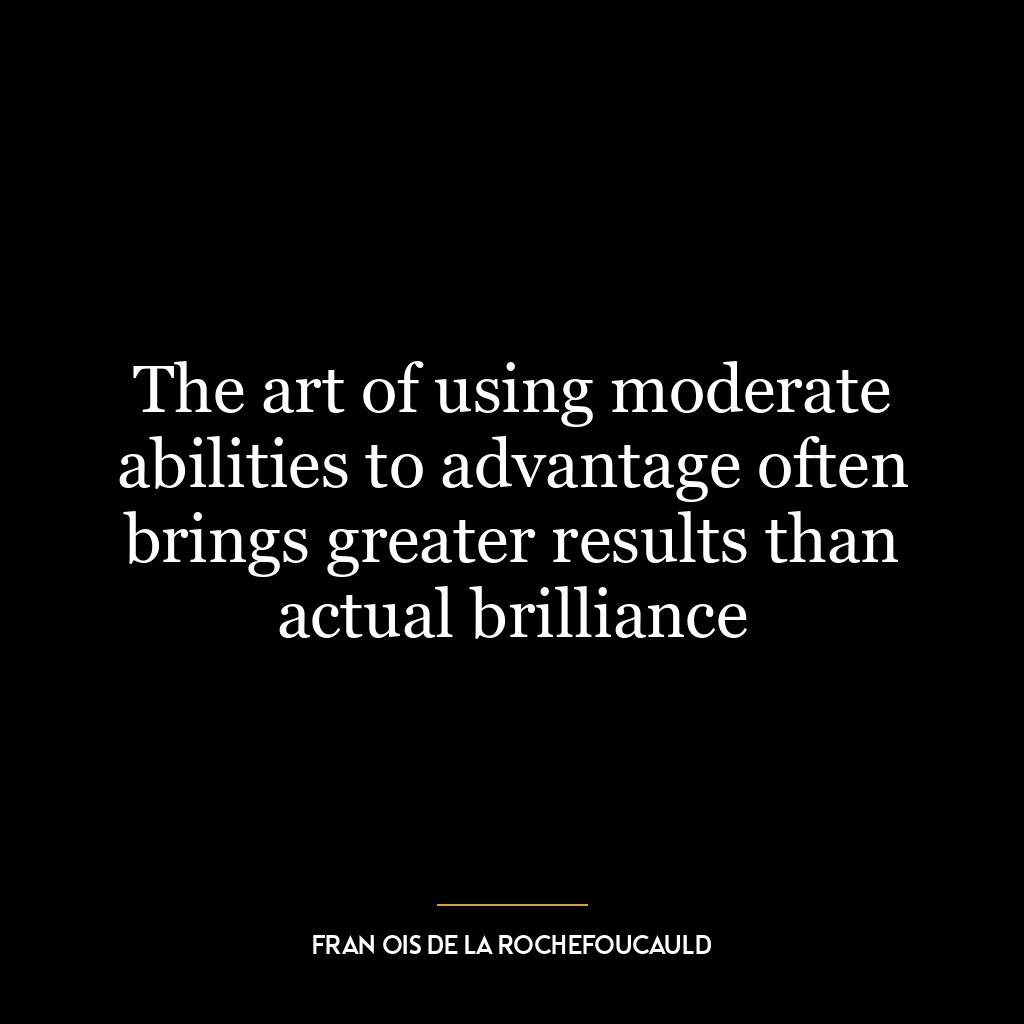Temperate temperance is best; intemperate temperance injures the cause of temperance.
This quote speaks to the idea of moderation, even in the pursuit of moderation itself. The first part, “Temperate temperance is best,” suggests that the best form of self-restraint or moderation is one that is balanced and not overly extreme.
The second part of the quote, “intemperate temperance injures the cause of temperance,” implies that when the pursuit of moderation becomes extreme, it defeats its own purpose. In other words, when self-restraint or moderation becomes a form of excess in itself, it is no longer temperance, but another form of imbalance.
This quote is a reminder of the importance of balance in all things. Even virtues like temperance can become vices if taken to the extreme. It is a call to avoid all forms of extremism, even in the pursuit of good and virtuous things.
In today’s world, this quote can be applied in various ways. In the context of health and fitness, for instance, it is a reminder that while it is good to exercise and maintain a healthy diet, obsessing over every calorie or workout can be harmful and counterproductive. It becomes a form of ‘intemperate temperance’ that is not healthy or sustainable in the long run.
In terms of personal development, this quote can serve as a guide for self-improvement. While it is good to strive for improvement and growth, it is also important to maintain a balanced approach. Obsessing over perfection or constantly pushing oneself to the point of burnout is not beneficial. It is important to balance the pursuit of growth with self-care and rest.
In essence, this quote is a call for balance and moderation in all things. It serves as a reminder that even good things can become harmful when taken to the extreme. It is a timeless piece of wisdom that is as relevant today as it was when it was first written.









